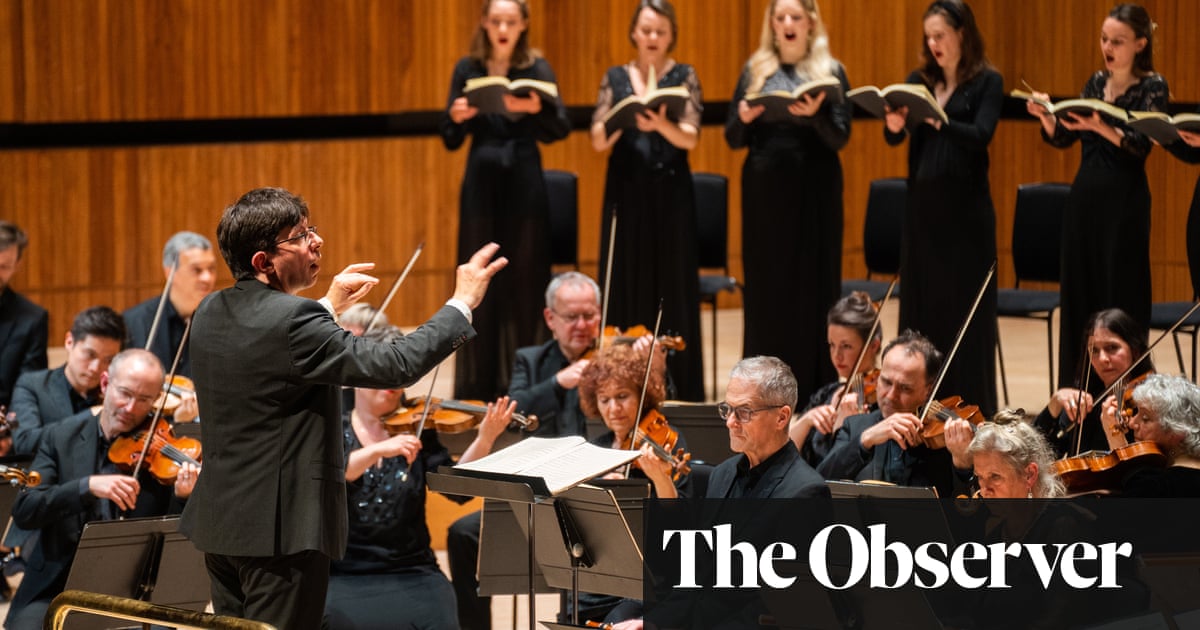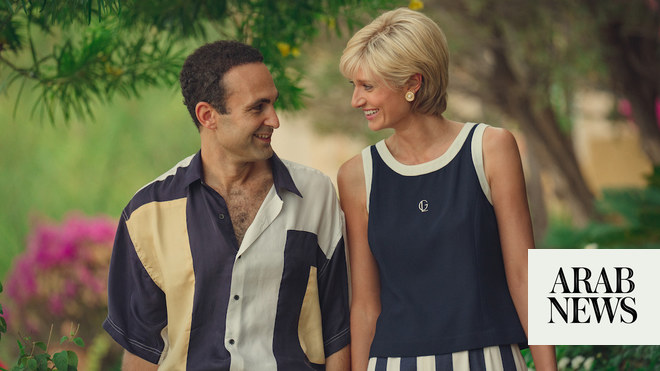
Normal People (BBC One/BBC Three) | iPlayer
Blood (Channel 5) | My5
Code 404 (Sky One)
Hollywood Netflix
Museums in Quarantine (BBC Four) | iPlayer
While her second novel, Normal People, was a global critical and commercial phenomenon (longlisted for the Man Booker prize), Irish author Sally Rooney, 29, continues to split the room. Voice of her (millennial) generation or over-praised pretender? Prose ice queen or deft emotional miniaturist?
Perhaps, by now, all Rooney can do is quote Beyoncé: “You know you that bitch when you cause all this conversation.” Now, with this stunning adaptation of Normal People, Rooney (who executive-produced, and worked on the script alongside Alice Birch and Mark O’Rowe) gets to pop another feather in her cap.
In 12 half-hour parts, directed by Lenny Abrahamson and Hettie Macdonald, the series (released as a boxset on iPlayer) comprised the slow, bumpy unfolding of the love story, from school to young adulthood, between privileged, intellectual outsider Marianne, with her poisonous homelife (a revelatory Daisy Edgar-Jones from Cold Feet), and jock-with-hinterland Connell (Paul Mescal, making a dazzling TV debut).
Early scenes in County Sligo capture the suffocating aspects of small-town life, with Sarah Greene superb as Connell’s mum (who is Marianne’s mother’s cleaner). While Connell at first hides his sexual relationship with Marianne from friends (Marianne’s pitiful acquiescence reeking of deep damage), the tables turn as he struggles and she thrives at Trinity College Dublin.
Some elements jarred. Marianne’s supposed transformation from Plain Jane to University Goddess was hampered by Edgar-Jones’s obvious gorgeousness. Marianne’s sexual masochism (hands tied half-heartedly with a scarf) was less than convincing. Elsewhere, elements of Connell’s working-class background felt more boxticked than credible, while Marianne’s absurdly luxuriant Trinity lifestyle made you question how she ended up going to the same school as Connell.
Nevertheless, Normal People emerged as a naturalistic masterclass in emotional depth and cerebral elegance. While there were too many overextended sex scenes, they were true to the book, and, with an intimacy coordinator on board, both respectful and realistic.
Moreover, the leads were heart-stopping. In their hands, you believed in Marianne and Connell’s on-off bond, but also how that gravitational pull wrecked their other (good and bad) relationships. You were convinced by their myriad problems, from the dark (Connell’s refusal to hit Marianne in bed), to the mundane mix-up over him leaving Dublin. Just as with the book, this was a story about barriers (class, social, emotional, intellectual, sexual), and how young love batters itself like a trapped bird against them. It was also about how sometimes people arrive to relationships broken, and then stay broken, and that just has to be OK.
The first series of another Irish drama, Blood, written by Sophie Petzal, was an engrossing whodunnit about whether a doctor, Jim (Adrian Dunbar), murdered his terminally ill wife. The second series, directed by Maurice Sweeney and Laura Way, and aired over five consecutive nights, opened with a bang, or more specifically a splash, as Jim’s daughter, Fiona (Gráinne Keenan) careered out of control in a car into a lake. When her husband (Ian Lloyd Anderson) was discovered dead in the boot of the car, suspicion immediately fell upon her, and others… including Jim.
As with his role as Ted Hastings in Line of Duty, Dunbar is a genius at ambiguous characters (you root for him, even as you wonder what the shifty-looking sod is up to). Elsewhere, in a stellar cast bristling with secrets and lies, Keenan and Anderson convinced as a couple hopelessly mired in irrevocable toxicity. At times, the show’s constant hurtling between different timezones left one feeling a tad dizzy. Still, once again Petzal proved herself undeniably adept at weaving together a complex knot of murder, family dysfunction, domestic violence, drug-dealing, lesbian love, shattered futures and more.
Other Line of Duty alumni, Stephen Graham and Daniel Mays, star in the comedy-drama Code 404, written by Daniel Peak, directed by Al Campbell. They play detective partners, one of whom, John Major (Mays) was killed in action, but then resurrected by artificial intelligence. It emerges that not only has DI Roy Carver (Graham) been involved with Major’s wife (Anna Maxwell Martin), but now, if his revitalised partner makes too many mistakes, he can be “switched off”.
As these are the kinds of roles that Mays and Graham excel in playing straight, it took a while to adjust my perceptions. It was delivered as a classic funny/straight double act, with May hurling himself into the comedy and Graham anxiously trying to contain the fallout. While Code 404 didn’t always hit the mark in this opener, the energy and enthusiasm were infectious, and with this level of talent on board I will be sticking with it.
Oh dear. US showrunner Ryan Murphy has produced some huge series – Glee, American Crime Story, Pose, The Politician, Feud: Bette and Joan. Sadly, his latest, Hollywood, is a bewildering tonal hot mess – unfunny, but not serious – despite a hardworking cast including Darren Criss, Queen Latifah, David Corenswet, Patti LuPone, Mira Sorvino, Jim Parsons, Laura Harrier, and Joe Mantello.
The series strives to be a hyperreal reimagining of postwar Hollywood – one where “baddies” (racism, homophobia, sexism) are vanquished. However, it feels glib, particularly when sexual exploitation is played for giggles, albeit mainly happening to male victims. (Maybe to fend off #MeToo criticism? Particularly with Sorvino, one of the first women to publicly accuse Weinstein of sexual harassment, in the cast.) Hollywood looks sublime (think: Netflix La La Land), and it’s not short of vision, with real-life figures such as Rock Hudson, Anna May Wong, and Hattie McDaniel mingling with fictional characters. A shame, then, that the ambitious production ends up dissolving in a huge foaming bath of sentimentality and schmaltz.
The opening episode of the new four-part series Museums in Quarantine saw Alistair Sooke looking around Tate Modern’s Andy Warhol retrospective, when it had just been closed by the lockdown days after it opened (subsequent episodes – still on iPlayer – include Simon Schama on the Ashmolean’s Young Rembrandt exhibition and Dr Janina Ramirez at the British Museum). The Warhol show looks fascinating, illustrating how the artist, who died in 1987, wasn’t just about his 1960s pop art and Factory period, but also a multifaceted visionary who sensed the modern world developing, and remains a truly contemporary artist today.
Certainly, with his famous quote: “In the future, everyone will be world-famous for 15 minutes,” Warhol has long come across as the godfather of the selfie. However, another story was playing out during this documentary: the stilled escalators, the eerie empty halls… this wasn’t about just one museum exhibition, this was about a country in quarantine, and the cultural world we’re still hungry to see.












